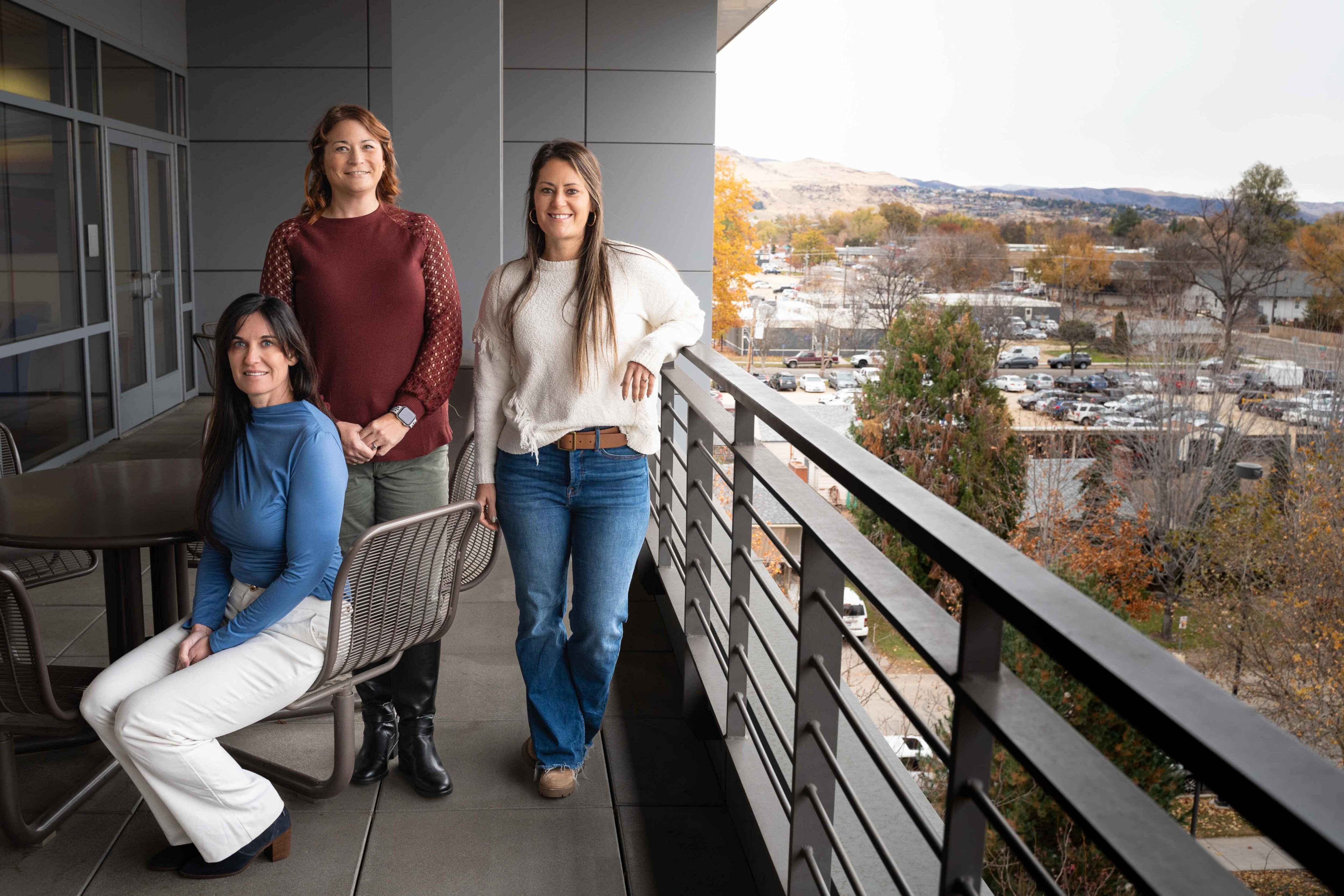
In addition to their compassion and resilience, nurses often step up to meet community needs in ways that embody capability and grit.
“Being an advocate for those likely experiencing the worst day of their lives is an opportunity I don’t take for granted,” said Clinical Assistant Professor Chelsea Painter.
Painter and two other Boise State nursing faculty stepped up to participate in the Colorado Center for Nursing Excellence’s fellowship program for training sexual assault nurse examiners (SANE). These nurses conduct exams to collect forensic evidence and ensure survivors of sexual and domestic violence receive trauma-informed healthcare.
In addition to Boise State, the Colorado Center is partnering with organizations across Colorado, Idaho, New Mexico, Washington and Wyoming to increase the number of SANE-trained nurses for rural communities.
The large rural areas of these states present a complex need. Not only is it difficult for patients to travel to care, but low access to resources and educators makes training more SANE nurses difficult, too.
“It’s a big endeavor, and I applaud these nurses that are trying to make it happen,” said Tracee Chapman, clinical assistant professor and a certified SANE nurse. Chapman is taking the lead for Boise State’s unique role in the partnership, helping recruit fellows through the Boise State nursing alumni network and serving on a committee for program support.
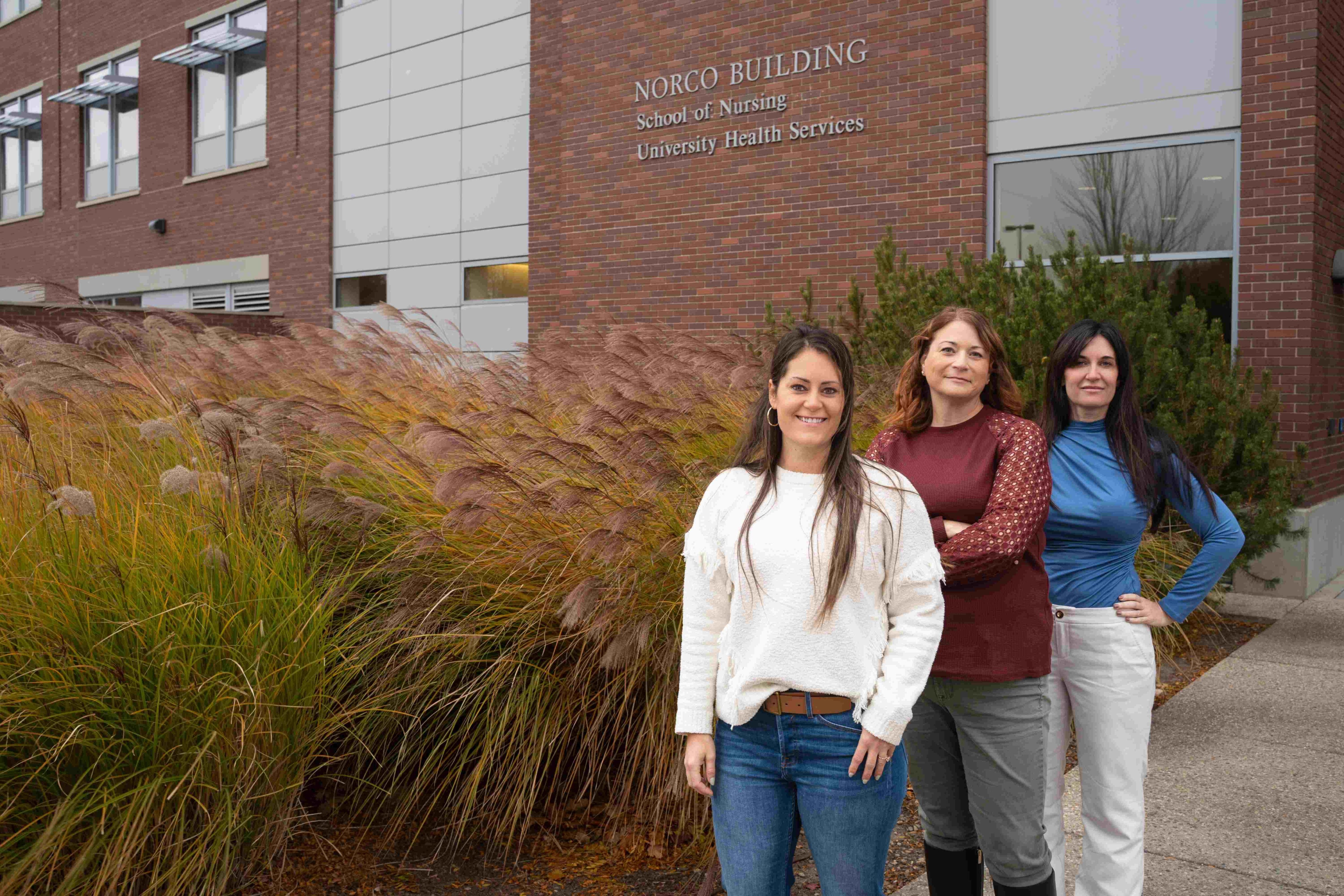
“We exceeded expectations for the number of nurses from Idaho we were able to recruit,” said School of Nursing Interim Divisional Dean Kelley Connor. “We are thankful Tracee has been able to take a lead role and to mentor new SANE nurses and that Chelsea is one of the first participants. Their contributions are making a real difference for people in our state.”
Increasing access for rural Idahoans
Across its 44 counties, Idaho has 32 sites where SANE-trained nurses like Chapman, Painter and Boise State Adjunct Professor Jill Glenn provide care. They work in Canyon County, but they frequently care for individuals traveling from Owyhee County, Gem County, Payette County, and even Malheur County in Oregon.
“I really like that the Colorado program is focusing on the rural side, because we’re seeing patients that drive an hour, an hour and a half to come see us because there is no one else…we’re the closest,” Chapman said. “The next one would be Ada County, which, for all of those areas, that’s another 30 minutes.”
Survivors may still need to drive to neighboring counties for care, but thanks to the fellowship program and training efforts by the Idaho State Police, Idaho’s overall availability for care is increasing.
“While it might not be a rural area that the patient is being seen in, they are coming from a rural area and they still need the care,” Chapman said. “If Ada County is the closest for them, and Ada County can support nurses who want to do the work, it’s still benefiting all those patients.”
What makes SANE training different?
Part of the difficulty in training more rural SANE nurses is ensuring they complete their required clinical practice hours to reach competency. But gaining hours for proficiency is not as simple as regularly seeing patients alongside a nurse at a local hospital or clinic, like students do in Boise State’s pre-license program.
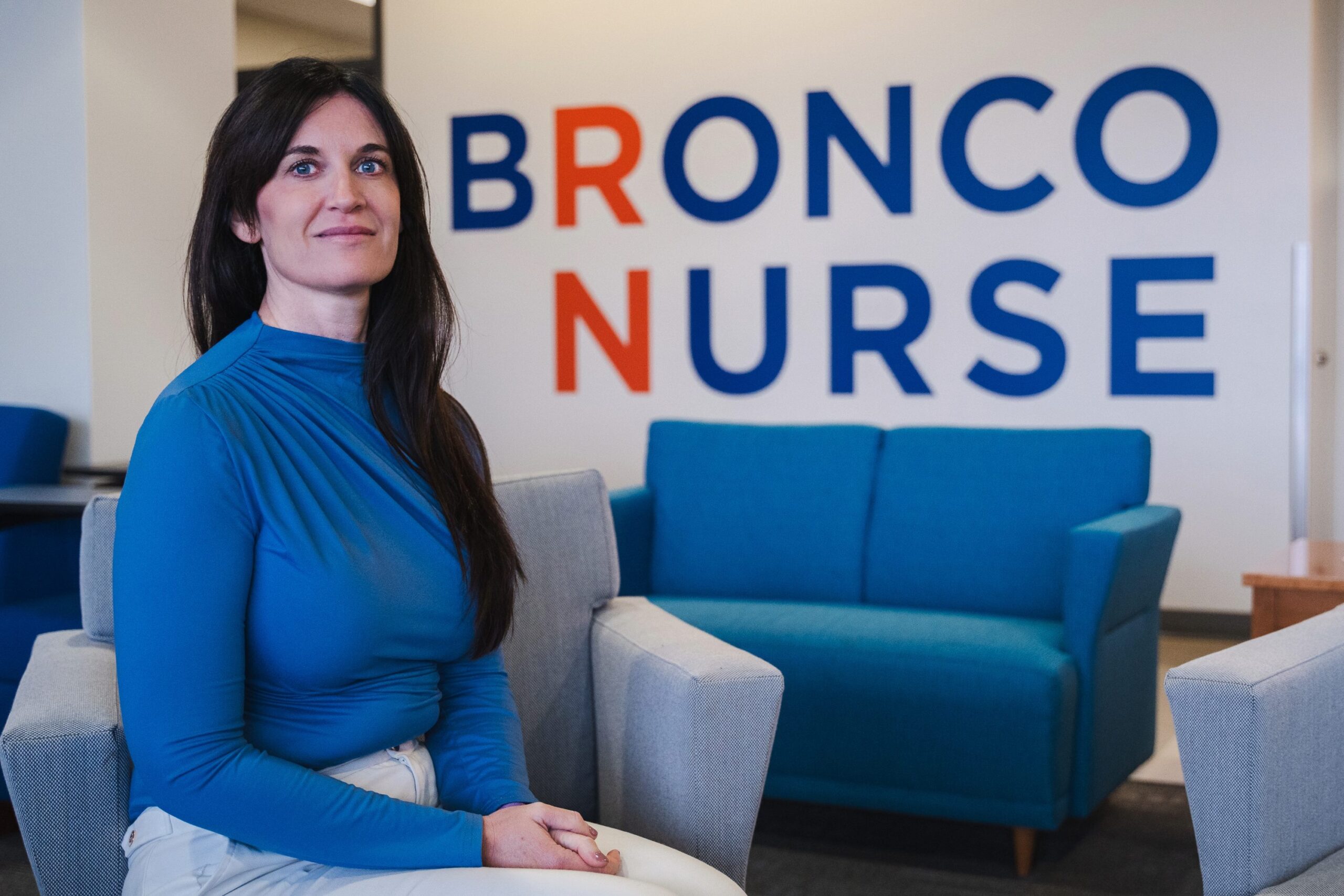
Many facilities don’t hire full-time SANE nurses (because training costs and materials can be prohibitively expensive) and the low number of SANE nurses in the state means there are fewer nurses to shadow. Even if a fellow could easily find a SANE nurse to train under, shadowing them doesn’t guarantee hands-on learning opportunities.
“We can’t say ‘yes, come and follow me for 40 hours and we’ll get you all trained up,’ because [training] is at the mercy of access,” Glenn said. “We don’t know when a patient’s going to need us. It could be three in a day, it could be three in a month; we just don’t know.”
This is one way SANE nurse training – especially with a rural focus – differs from other nurse certification programs.
“The exposure that these nurses are going to have to exams is going to be pretty limited,” Glenn said.
This is where Chapman and Glenn come in.
Mentoring makes a difference
Fellows will have nine months of formal mentoring as a new part of the Colorado Center for Nursing Excellence’s program.
“The feedback they got from their first round of fellows was that they had wished that there was someone that they could follow and talk with,” Chapman said.
Mentors provide an invaluable source of wisdom from their own years of experience, allowing fellows to learn vicariously through certified SANE nurses. Neither Chapman or Glenn had mentorship built into their SANE training, so they’re excited to be able to share their expertise with fellows.
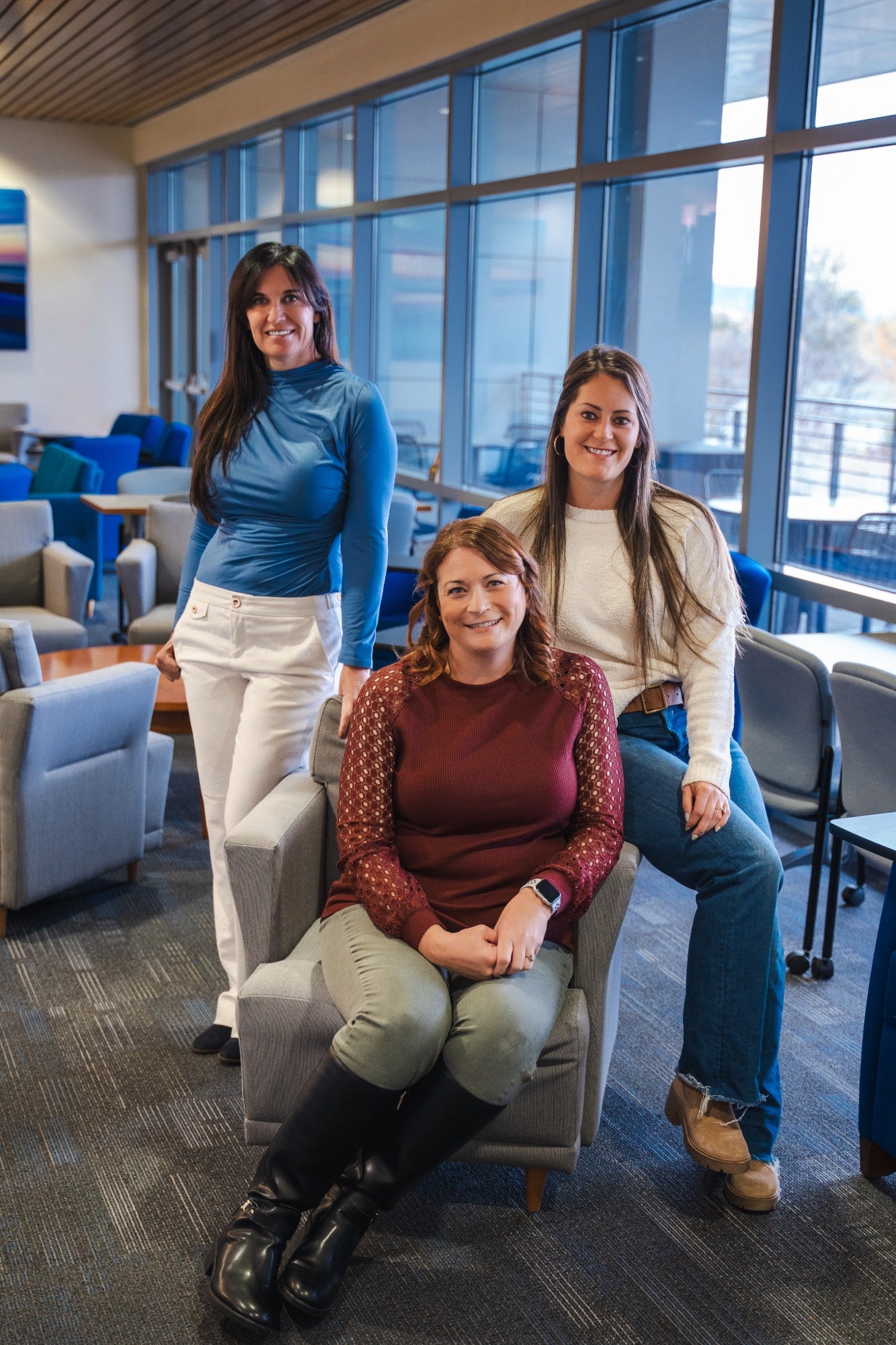
“Having a mentor who has been doing exams for a while and has more exposure and consistency will help [fellows] use our experience to build their practice,” Chapman said.
As the director of simulation-based education at the School of Nursing, Chapman described SANE mentoring as parallel to conversations she leads on a regular basis in the Simulation Center.
“It’s about asking very deliberate questions, like we do in a debrief,” she said. “Then it’s providing [fellows] a space to just take a breath and know that they’re not alone.”
Painter started the fellowship in Sept. 2024 and considers it an “invaluable experience.” She’s already been able to apply some of what she’s learned to her teaching and nursing practice.
“I feel as though I can better advocate and support those in need,” Painter said. “We often address more vulnerable populations and communities, which has given me a deeper understanding and appreciation of various needs depending on cultures, religions, sexual orientation and gender identity.”
Seeing a need and doing something about it
Chapman and Glenn eagerly got involved as mentors in the SANE fellowship program because it is “important to us that nurses get the right education and that they’re supported,” Chapman said.
They know firsthand how physically and mentally demanding this work can be. It may not be a “‘go in, punch a time clock and go home’ kind of job,” Chapman said, but it’s an “opportunity to give back the skills that we have that they really need.”
SANE nurses must have strong assessment skills, making detailed observations and thoroughly documenting findings. Exams can last between 4-6 hours and are “emotionally charged,” Glenn said. So in addition to top-notch assessment skills, “soft” people-skills are crucial.
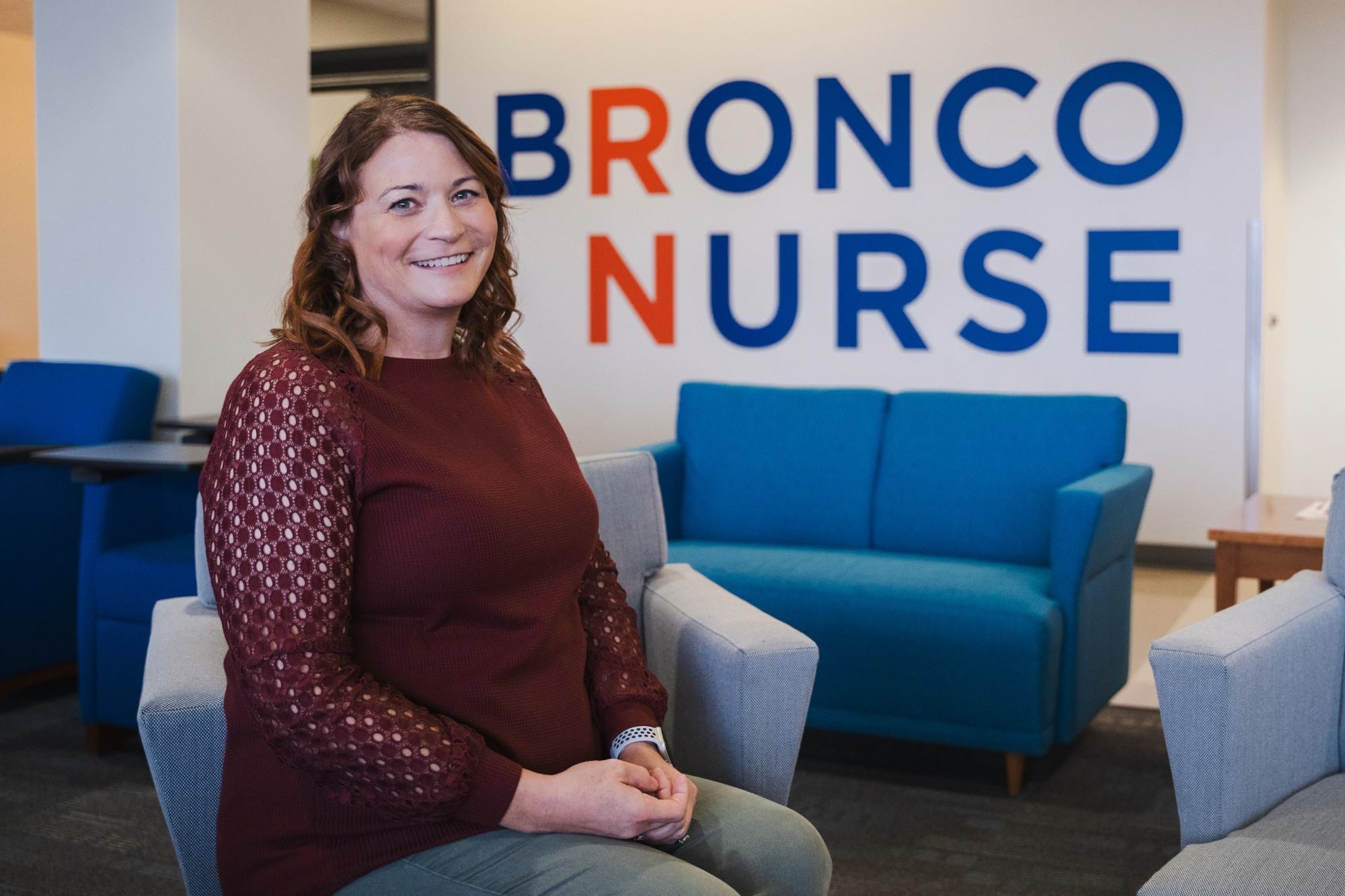
Often the hardest part is “building trust that ‘it’s going to be okay, we’re going to do this together,’” Glenn said.
In addition to instructing in the School of Nursing, Glenn is a full-time flight nurse and has also been providing care as a certified SANE nurse for the last nine years.
“What motivates me to do it is that, if it’s not me doing it, who is doing it?” Glenn said. “My motivation is to provide high quality, trauma-informed care to the people who need it most, to a population that most people don’t want to work with. The need is there.”
“We’ve been doing this a long time, and it includes leaving soccer games, leaving in the middle of a date, getting out of bed in the middle of the night,” Chapman said. “But it’s a service to our patients.”
When Chapman is providing care for survivors, she isn’t distracted by all the various tasks that nurses often have to juggle in other care settings. In the moment “all I care about is that this patient gets amazing healthcare, right now,” she said. “And that feels good.”
If you or a nurse you know is interested in becoming a certified SANE nurse, contact Jill Glenn with the Nampa Family Justice Center by calling (208) 475-5700.